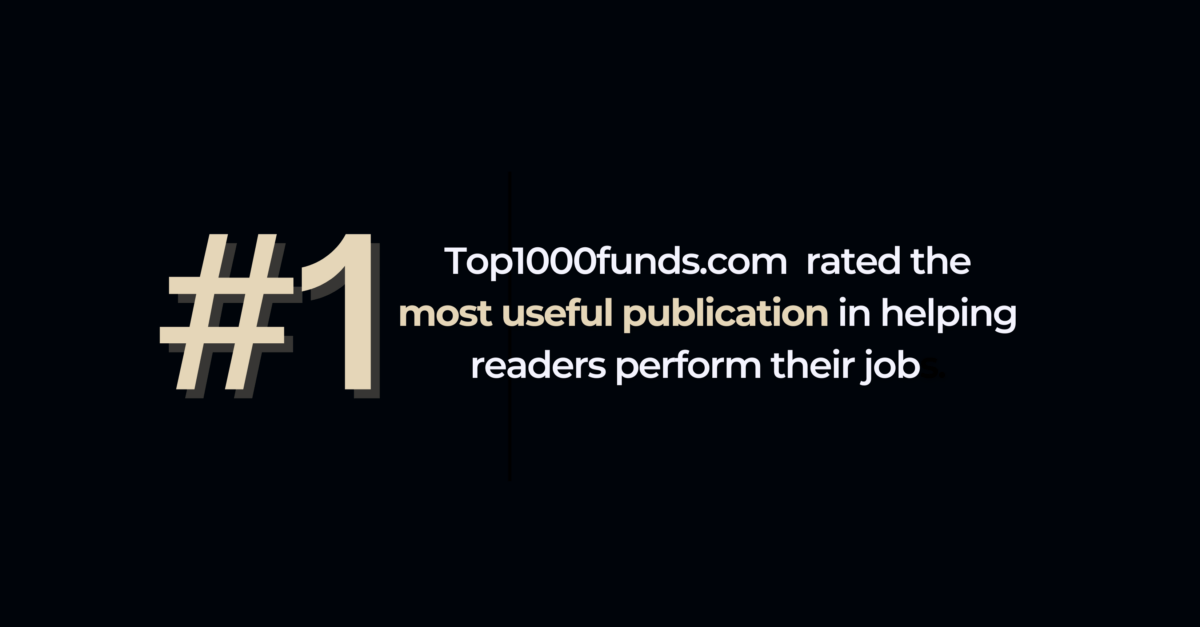Funds management is often discussed in the context of it being part art and part science, however most of the literature centres around the science, the finance, of funds management.
The premise of active management is that skills and knowledge are paramount to capturing excess returns above the benchmark. But despite this premise, little is known about knowledge management in the context of asset management. The chief investment officer of APG, Eduard van Gelderen, has co-authored a paper with Ashby Monk executive director of the Global Projects Center at Stanford University, arguing that the creation, maintenance and exploitation of knowledge management is critical to the success of any investment organisation.
The paper offers insight into the role that knowledge plays in the investment process and, more specifically, into the adoption of knowledge management by asset managers. The paper concludes with a blueprint that offers a way for investors to become knowledge and asset managers.
More general research, across all industries, shows that organisations get value from knowledge management and that knowledge carries as much value as financial or even human capital. They authors say that it is the context of the organisation’s design that knowledge ultimately drives performance.
In the context of a continued low return environment, where alpha or above market returns will arguably add more to total portfolio returns than the past 30 years where passive management has been a good contributor, active management or skill and knowledge will need to be harnessed. It is a good time to be appreciating the power of knowledge management.
“Given the importance of superior knowledge in performance, you’d be forgiven for assuming that knowledge management – or how human capital, market intelligence and governance is combined… – was a top priority for all active asset managers. Oddly it isn’t. Most asset managers could not be described as knowledge managers at all.”
The authors say that despite the knowledge intensive nature of the industry many aspects of knowledge management are left implicit and are not dealt with at a structural or strategic level. The paper outlines a blueprint for how knowledge management could be better integrated into asset management.
The paper can be accessed below



